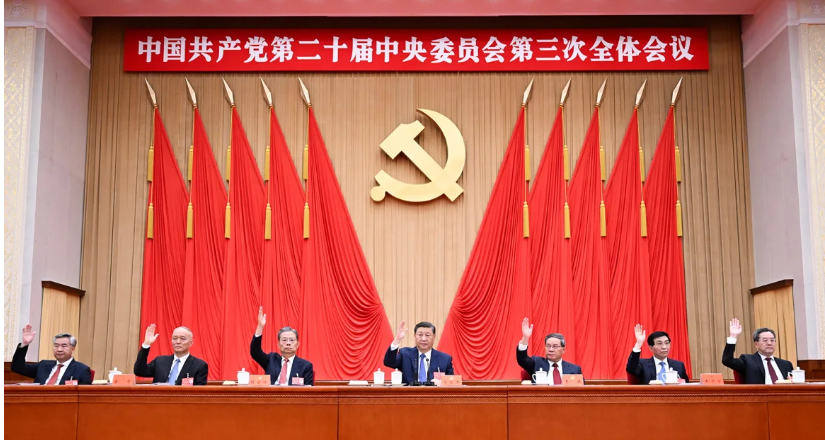China’s PMI data softened slightly in July
Manufacturing and non-manufacturing PMIs both edged slightly lower in July dragged down by weak domestic demand
Manufacturing PMI remained in contraction
China's July official manufacturing PMI slowed slightly to 49.4, down from 49.5 in June. This marked the third consecutive month the PMI has been below 50 - the threshold between expansion and contraction - and also marked a 5-month low.
By subcategory, we saw some mixed performances but generally, the more important subcategories trended a little weaker. The biggest decline was in production, which fell from 50.6 to 50.1. New orders also fell further into contraction from 49.5 to 49.3, as domestic demand remains sluggish. In contrast, we saw slightly smaller contractions in new export orders (48.5) and imports (47.0)...
